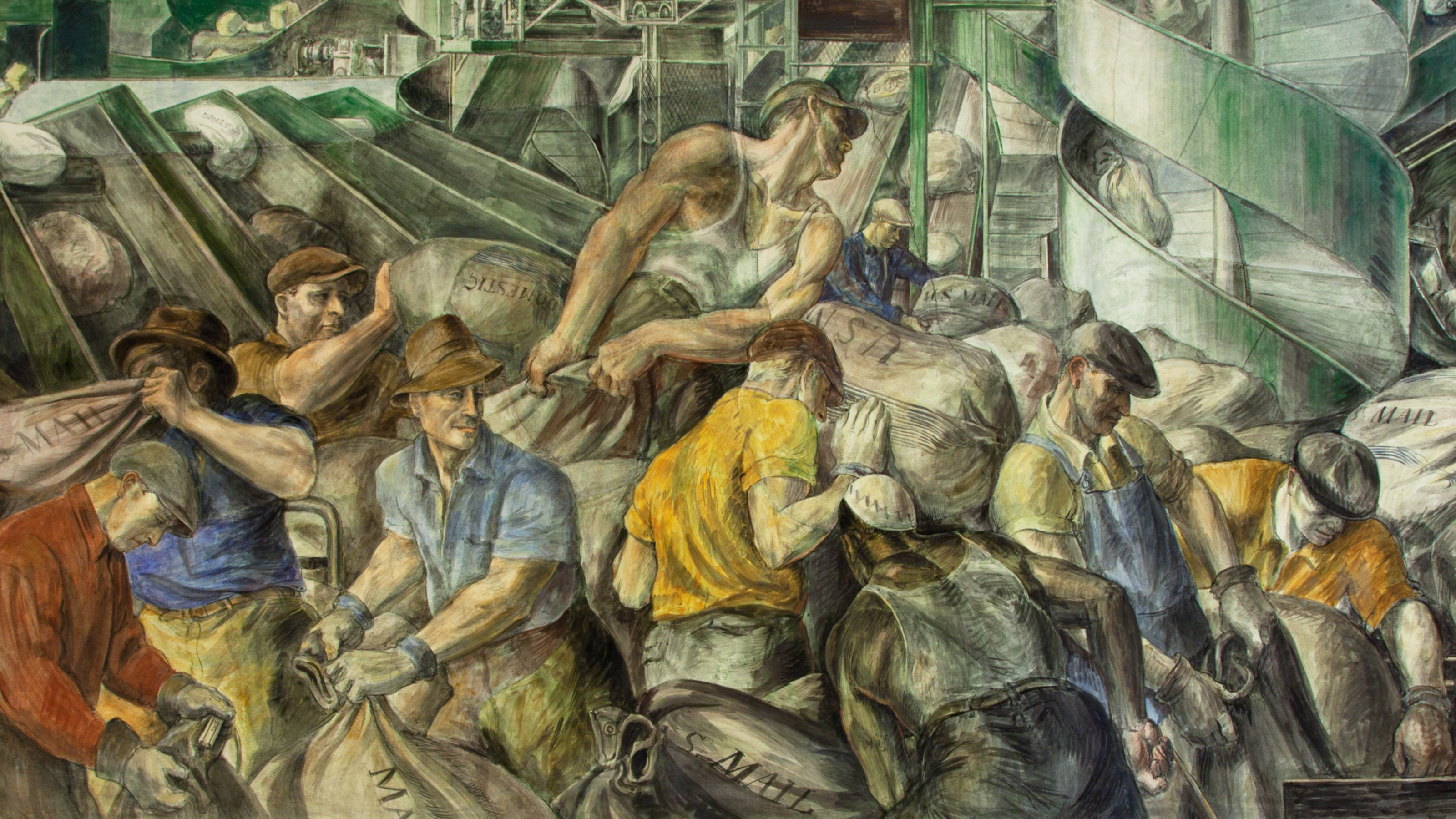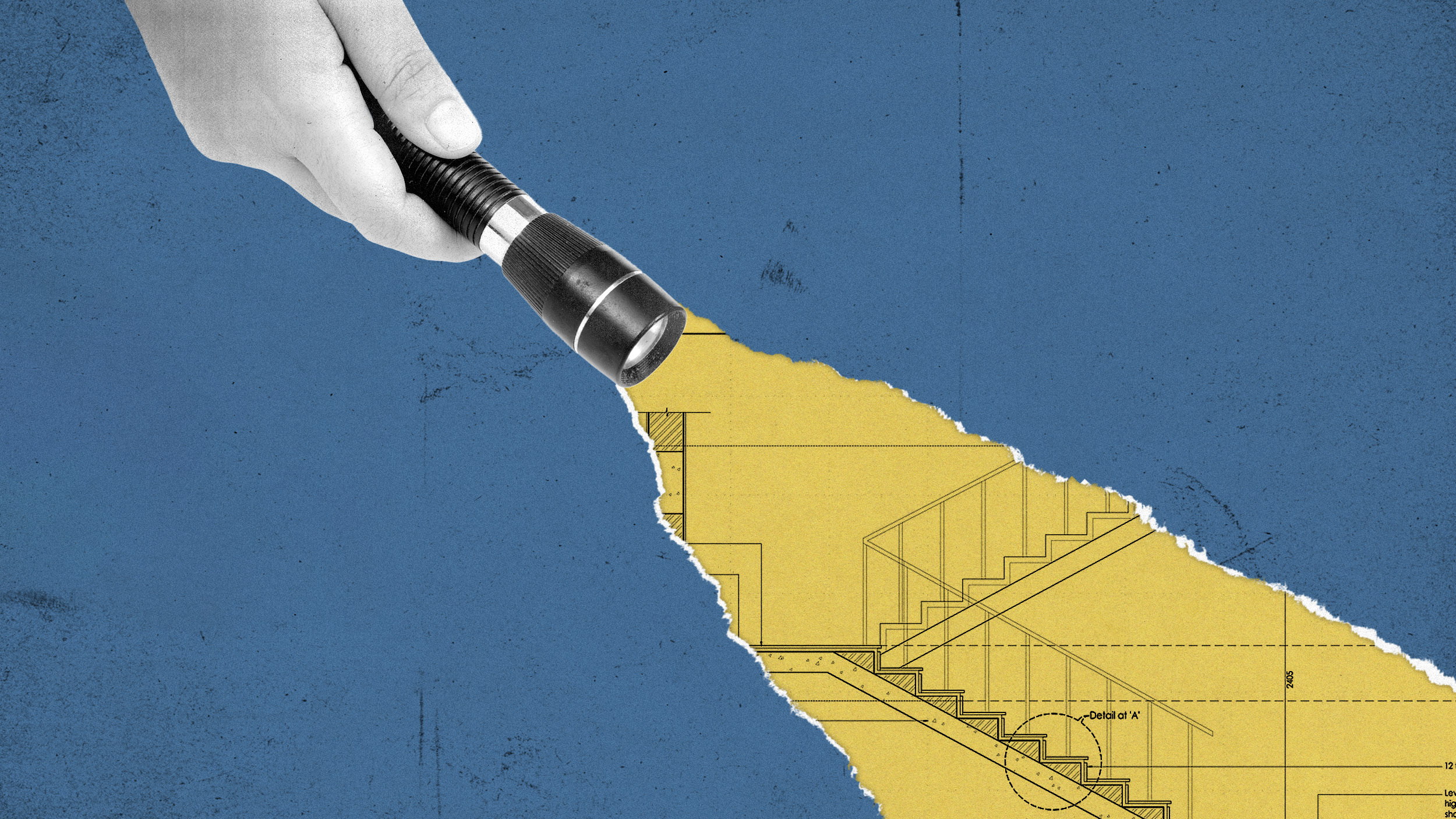ERICA DHAWAN: Ten years ago Malcolm Gladwell, a famous author, coined the concept of a connector as one of the three types of people that create the rise of social epidemics. And that idea of being a connector captivated corporate America and really global corporations around the world for the last decade. But in today's era I'd argue that the idea of being a connector is outdated because we are all connectors, we are over connected. So the job today is not just to say whether we're a connector or not, it's really about how do we connect intelligently in today's world to drive value not only for our teams and our organizations but for our broader stakeholder network.
What we found in our research is that in today's world there are actually three types of connectors that allow you to really capture the power of connectional intelligence. The three types of connectors are number one, the thinkers, number two, the enablers, and number three, the connection executors.
First, the thinkers. The thinkers are the people that are great at combining ideas and bringing in new types of curiosity to problems. These are the people that are always asking how might we solve this differently, or let's take a devils advocate view, or let's bring this approach from an outside industry or a different team in a way that allows us to solve this problem differently. So you may think of those people that are thinkers on your team as the ones that are always bringing in that different prospective or that different approach that will allow you to transform your mindset of how you solve a problem.
The second type of connector are the enablers. These are your traditional people connectors. These are those that are really good at bringing together all the right people that need to come together to solve a problem. You can think about these people as the community builders. They're often those that understand not just how might we solve this problem but here are the five people we need to engage that could allow us to combine a different perspective or give us a different approach to allow us to mobilize this effort forward.
And the third type of connector are the connection executors. These are the people that love to just get things done; they know how to amplify; they know how to mobilize. They're often not those that are bringing in the new big idea or bringing the community together, they are those that love to get things done when the community is already built. They are the combusters if you think about the mobilizers on a team.
So as you think about your own role in your organization are you more of a thinker, are you more of an enabler or are you more of a connection executor? And how might you design your team to make sure that you're leveraging these three types of connector skillsets to really maximize the power of the networks on your own team?
The other thing is that it's really important to be careful of connector bias. If we're thinkers. we often love to connect with other thinkers on our team and we end up spending lots of time in meetings talking about ideas but leading into analysis paralysis. If we're enablers, we may love to bring people together, but that could lead to too many meetings all the time that lead into inefficiencies and delays. And if we're connection executors, we may love to be around other executors who love to implement project plans but we may be losing sight of how we might be engaging other functions in our company, other businesses, other networks that could help us really amplify that effort. So the power of connectional intelligence is not only understanding your own connector type, but making sure that you're building a network that allows you to leverage those that are different from you.





